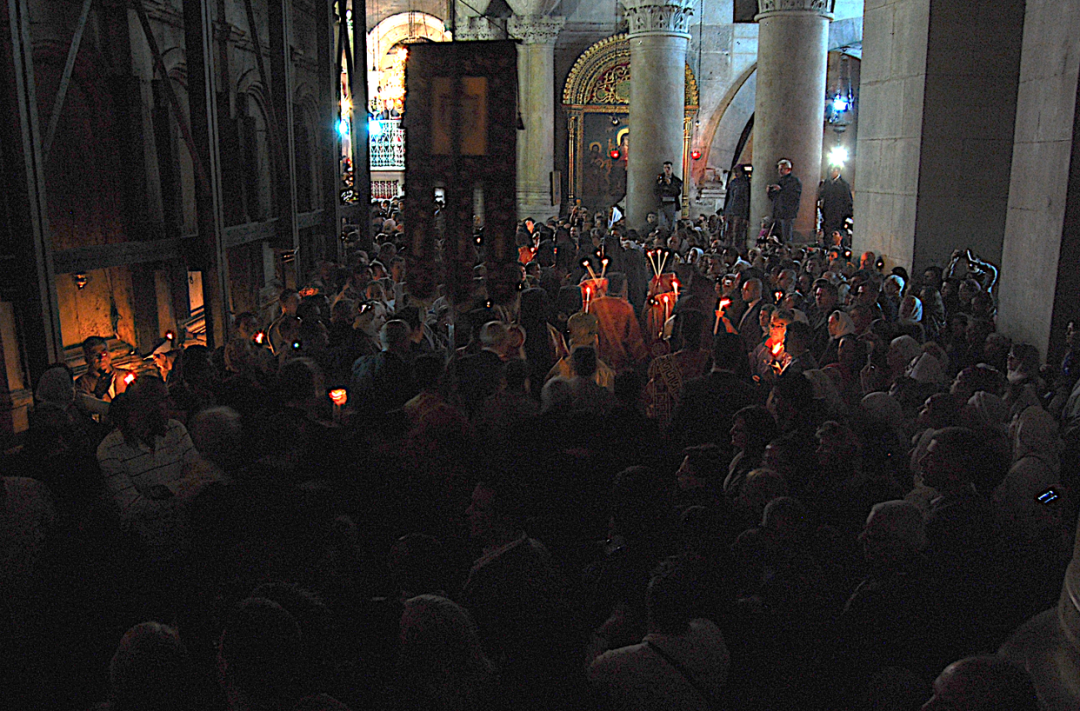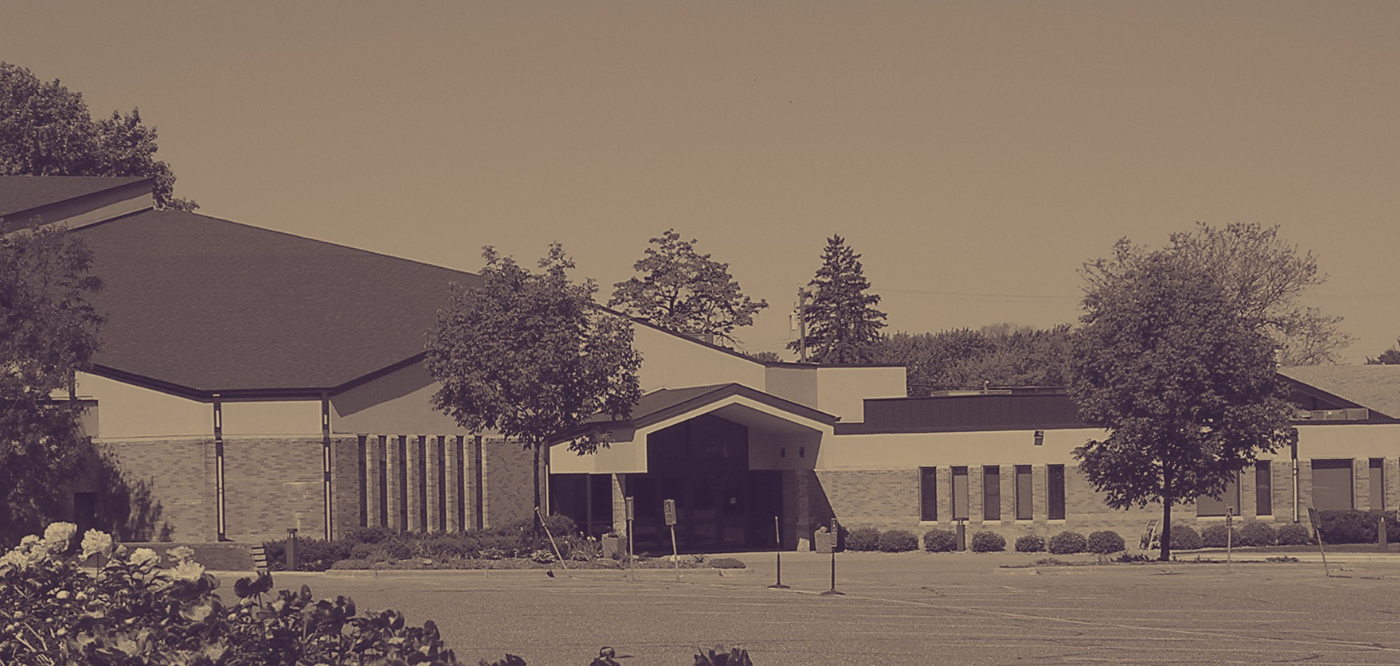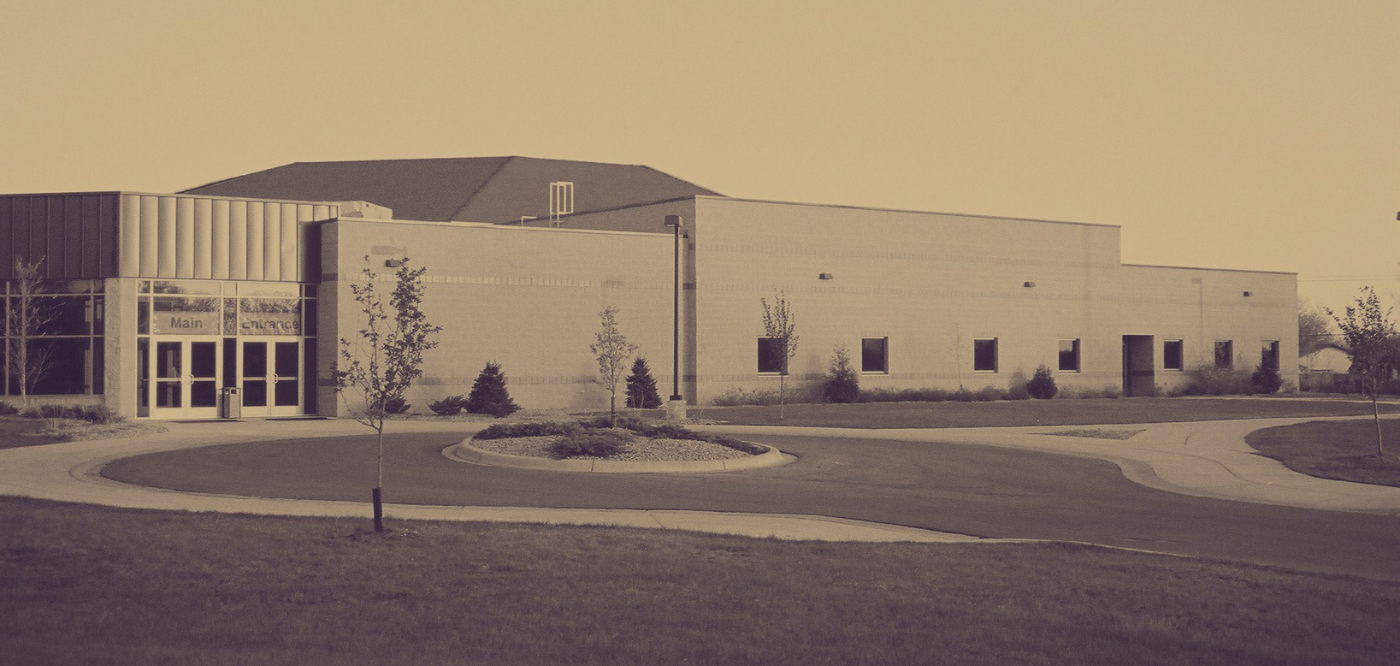
Pictured above is a scene from inside the Church of the Holy Sepulcher. Christians are marching around the Aedicule, a structure built over the likely location of Jesus’ resurrection.
Holy Week is the most meaningful week of the year for me. The anguish of Thursday, torment of Friday, and elation of Sunday, make this cycle in the church calendar profoundly unique. As we continue to unpack the magnitude of all Jesus accomplished, here are seven important (certainly not exhaustive) reflections about the resurrection of our Lord:
- The Old Testament Predicted Jesus’ Resurrection
In Luke 24:44-46, Jesus says that Moses, the Prophets, and the Psalms anticipated his crucifixion and resurrection. For example, Psalm 16:10 (a psalm of David) is featured in Peter’s Pentecost sermon as he proclaimed the resurrection of the Christ (Acts 2:25-28).
- Jesus’ Predictions and the Disciples’ Misunderstanding
Jesus frequently refers to his resurrection throughout his ministry and yet the disciples are confounded by the sayings (Matt 16:21; 17:9; Mark 14:28; Luke 9:22). Matthew recounts how the disciples are “exceedingly grieved” (Greek: elupethesan sphodra) when they hear about Jesus’ passion and resurrection prediction (Matt 17:33). The Gospel of Luke makes clear that Jesus must open the minds of the disciples so that they can “understand” the role of crucifixion and resurrection in redemption history (Luke 24:45). Similarly, in the Gospel of John the disciples recall Jesus’ resurrection predictions only after he is raised (John 2:22).
- The Trinity and the Resurrection
The New Testament frequently mentions that God the Father raises Jesus the Son from the dead after three days (Acts 5:30; 10:40; 17:31). Paul refers to the Father as the one who raised Jesus from the dead (Rom 8:11). When Jesus utters his last words from the cross, “Father, into your hands I entrust my spirit” (Luke 23:46 CSB), he has complete confidence that his Father will call him from the tomb and raise him from the dead. But Jesus also claims the authority to “lay down my life that I may take it up again” (John10:17 ESV). And the Apostle Paul states that the Holy Spirit (“Spirit of holiness”) is the one who raises Jesus from the dead (Rom 1:4, see the commentary in the ESV Study Bible, 2157). Each member of the Trinity mysteriously plays a role in the resurrection. Visit Bible.org for a helpful article on the role of the Trinity in the resurrection.
- The Resurrection is Central to the Gospel Message
Acts prominently features the resurrection in the preaching of the early church. As mentioned above, Peter mentions the resurrection in his Pentecost sermon (Acts 2:32). Even in Paul’s preaching to the gentile Areopagus in Athens, the resurrection is central (Acts 17:31). For an in-depth study on the resurrection in Acts, see Brandon D. Crowe, The Hope of Israel: The Resurrection of Christ in the Acts of the Apostles.
- Everyone Will Be Resurrected at the End of Time
The Bible is clear that there will be a resurrection of all humanity at the end of time (Daniel 12:2; Revelation 20:4-5). Those who have trusted in Jesus for salvation will be raised to eternal life in the kingdom; those who reject Jesus will be raised for eternal judgment (John 5:29).
- The Bodily Resurrection of Jesus is The Ground for the Believer’s Hope
Scripture is unequivocal in its testimony about the bodily resurrection of Jesus. When Jesus encounters the disciples, he shows them the scars of crucifixion (Luke 24:39; John 20:27). The bodily resurrection of Jesus is the ground for the believer’s hope and justification (Rom 4:25; 6:5-8). If the resurrection was not a bodily reality, the believer would have no hope (1 Cor 15:17). Just as God raises Jesus from the dead, believers will also be raised (1 Cor 6:14). In this way, Jesus is the “firstfruits” of the resurrection (1 Cor 15:20). This is why Peter can emphasize that believers are “born again to a living hope” (1 Peter 1:3 ESV).
- The Resurrection Marks the New Creation
Finally, the resurrection of Jesus marks the end of this age and the dawn of the age to come. For instance, John 20-21 is filled with new creation imagery (I would encourage you to read these two chapters to see if you can identify connections to the creation account in Genesis 1-2). Similarly, Paul contrasts death/Adam, and resurrection/Jesus (1 Cor 15:21). Because Jesus’ resurrection marks the new creation, his physical body is both like (e.g., his body bears the marks of crucifixion, Luke 24:39) and unlike ours (note that Jesus can pass through locked doors, John 20:19).
There is much more that could be said about the glorious resurrection of Jesus. As we proclaimed, “Christ is risen,” this past Sunday, we along with believers around the world proclaimed a truth of “unsearchable riches” (Eph 3:8).
Resources
Crowe, Brandon D. The Hope of Israel: The Resurrection of Christ in the Acts of the Apostles. Grand
Rapids: Baker Academic, 2020.
The Holy Bible: English Standard Version. Wheaton, IL: Crossway Bibles, 2016.
About the Author
Tucker Anderson
Tucker Anderson has served at Calvary Church since 2015. He is a graduate of Bethel Seminary and The Southern Baptist Theological Seminary. His passion is helping people develop a biblical worldview by understanding the relationship between the Old Testament and New Testament.



